As we learned in our viruses vs. bacteria video, bacteria are opportunistic. They can exist on your farm without you knowing—until they become a huge problem when an opportunity presents itself. As a poultry farmer, how can you prevent major bacterial issues from occurring? One way is thorough cleaning, sanitizing and disinfecting in your control room.
Food Safety Begins With Your Farm
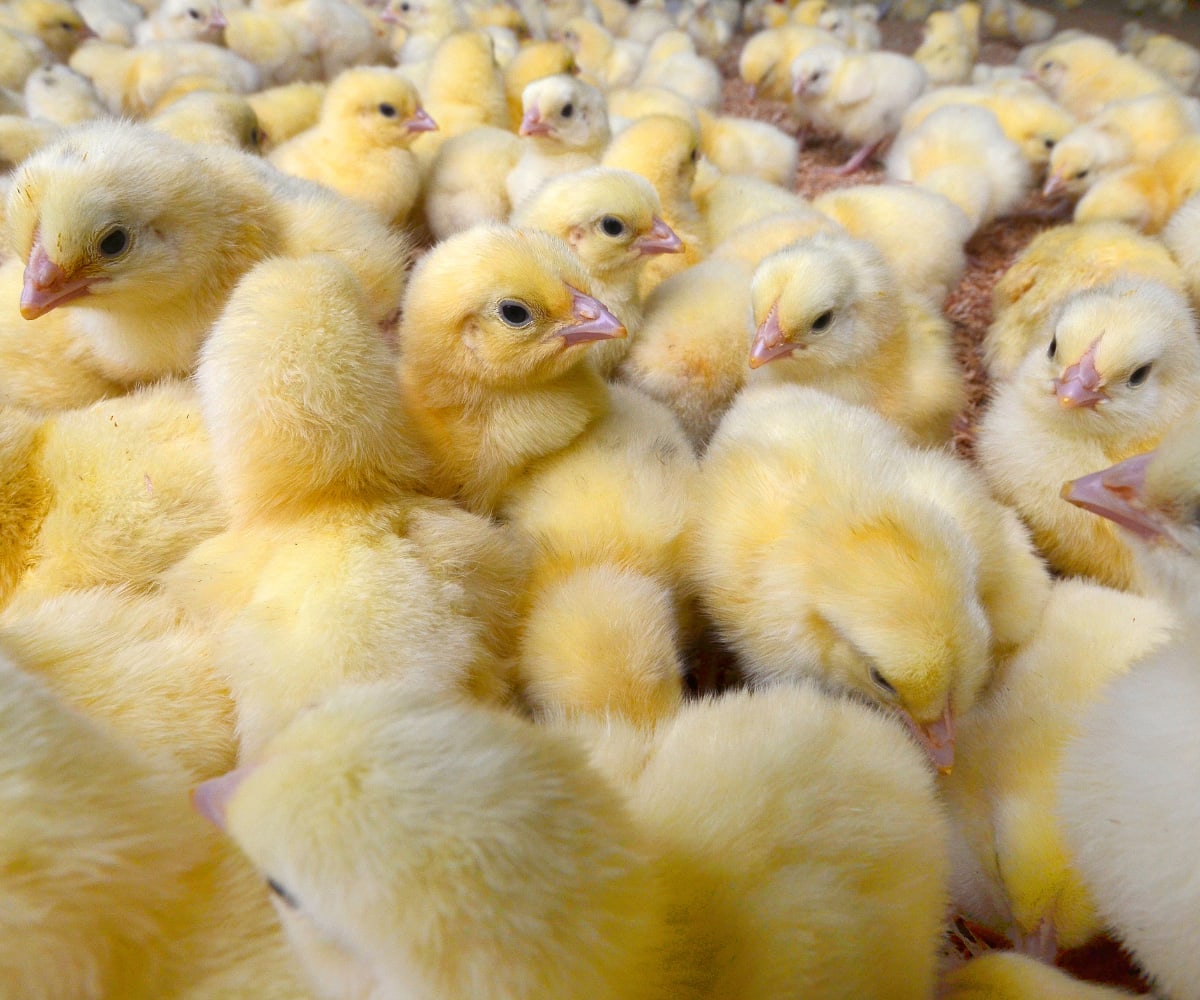
You may not think about it all the time, but farming is where food safety begins. On poultry farms, the control room is one of the main threats to food safety. It's the main access point to the birds from the outside world, which makes it an important area in terms of preventing bacterial outbreak.
In this video's example, chicks got into the control room and left droppings all over the control room floor. This created the perfect breeding ground for pathogenic organisms! If the control room floor was not properly sanitized and disinfected, that bacteria could easily be tracked back into the house and cause disease in the flock.
Sanitizing vs. Disinfecting
Sanitizing kills 99% of fungus and bacteria, while disinfecting kills 99.999% of bacteria and viruses. This difference is important to poultry house biosecurity because the bacteria and viruses that survive sanitization can become the culprit of a serious disease outbreak in your house.
As part of your disease control practices, it's important to check product labels to see if they disinfect or only sanitize, and choose cleaning products that do both.
Dry Sanitation
For high-touch areas like doorknobs and light switches—especially in your control room—it's best practice to have a highly evaporative disinfectant spray.
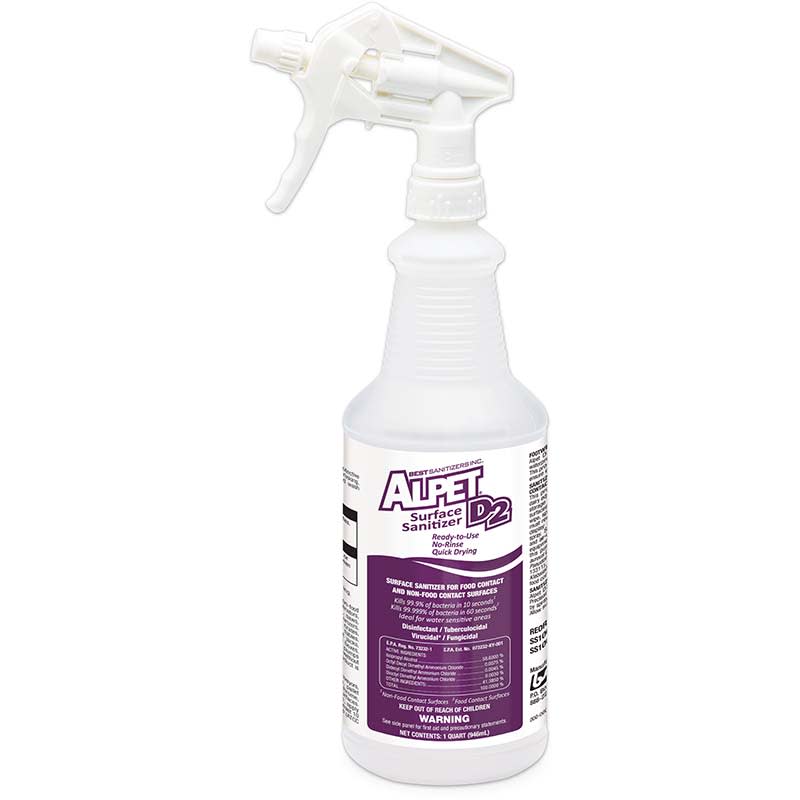
We recommend Alpet D2 Surface Sanitizer Spray by Best Sanitizers. It's made for food production facilities and has been proven to kill 99.999% of eight main tested pathogens as a food contact surface sanitizer.
Powered by quaternary ammonia and isopropyl alcohol, Alpet D2 spray dries and kills quickly, making it ideal for a control room where people are entering and exiting frequently.
This convenient disinfectant spray allows you to disinfect all high-touch areas in your control room with just one easy-to-use product. It is considered a form of "dry sanitation" because there is no added water, making it ideal for water-sensitive equipment and low moisture environments.
Quicker and More Effective Boot Sanitization
In addition to high-touch areas in your control room, Alpet D2 spray also works perfectly as a boot sanitizer and disinfectant. It's ready to use and easy to apply—no hot water or detergent necessary—and more effective than a foot bath.
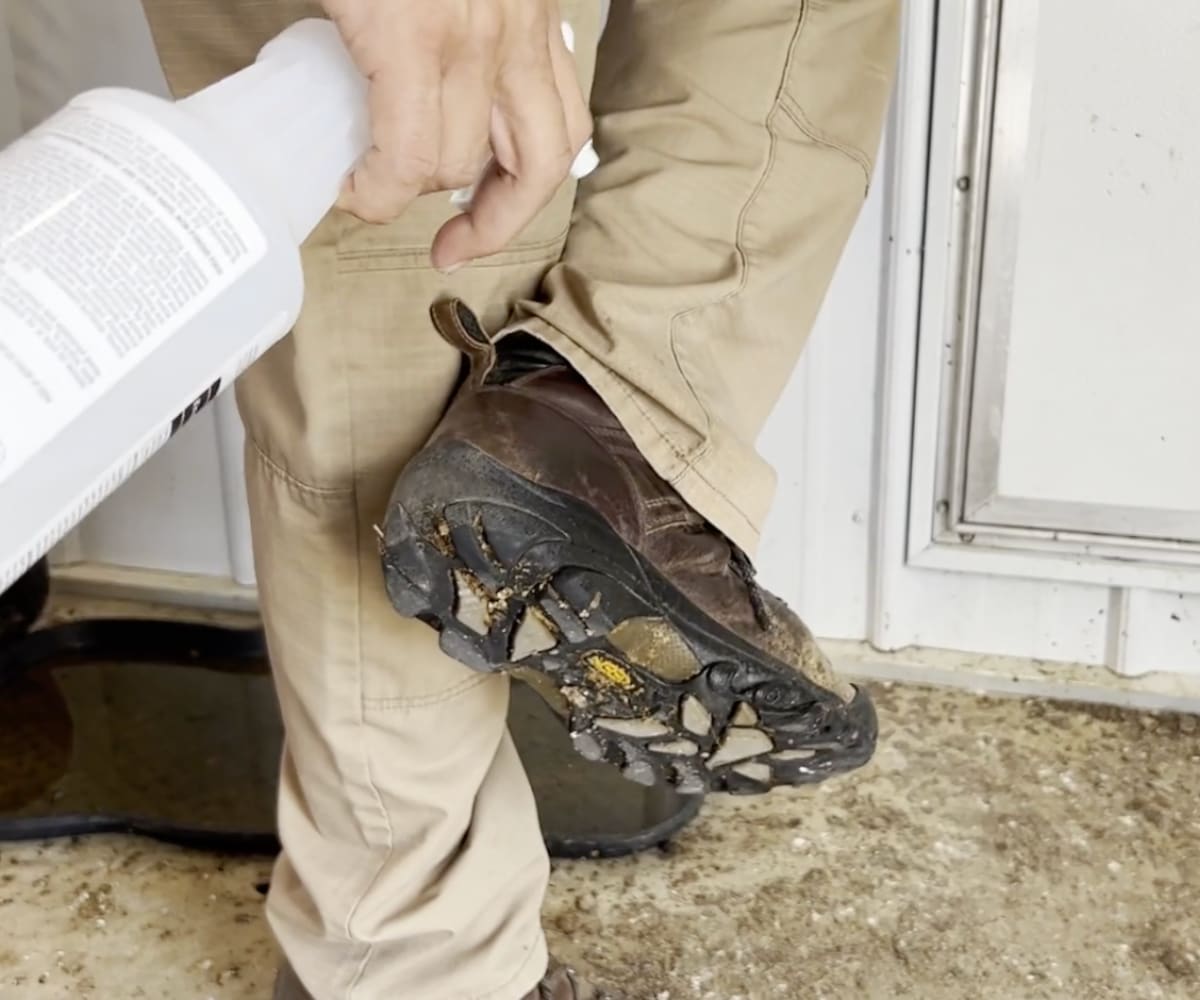
Foot baths are only effective when you change them out daily and test them regularly, which is a chore that we'd bet no farmer really has the time to do.
Instead, you can just spray your boots whenever you enter your control room to ensure they're disinfected effectively every time. Just keep a spray bottle in every control room. All you have to do is coat your boots in spray and give them 10 seconds to dry. Boom—you're disinfected and ready to safely enter your house!
If someone on your farm happens to be allergic to quat, Best Sanitizers makes the same sanitizing formula with the same effectiveness but no quat. It achieves the same results by using more isopropyl alcohol.
Wet Sanitation
When you mop or hose down your control room floor, this mechanical movement of organic matter, dust and debris is certainly part of the cleaning process, but the floor needs to be sanitized and disinfected too. We recommend floor sanitation in poultry house control rooms once per week.
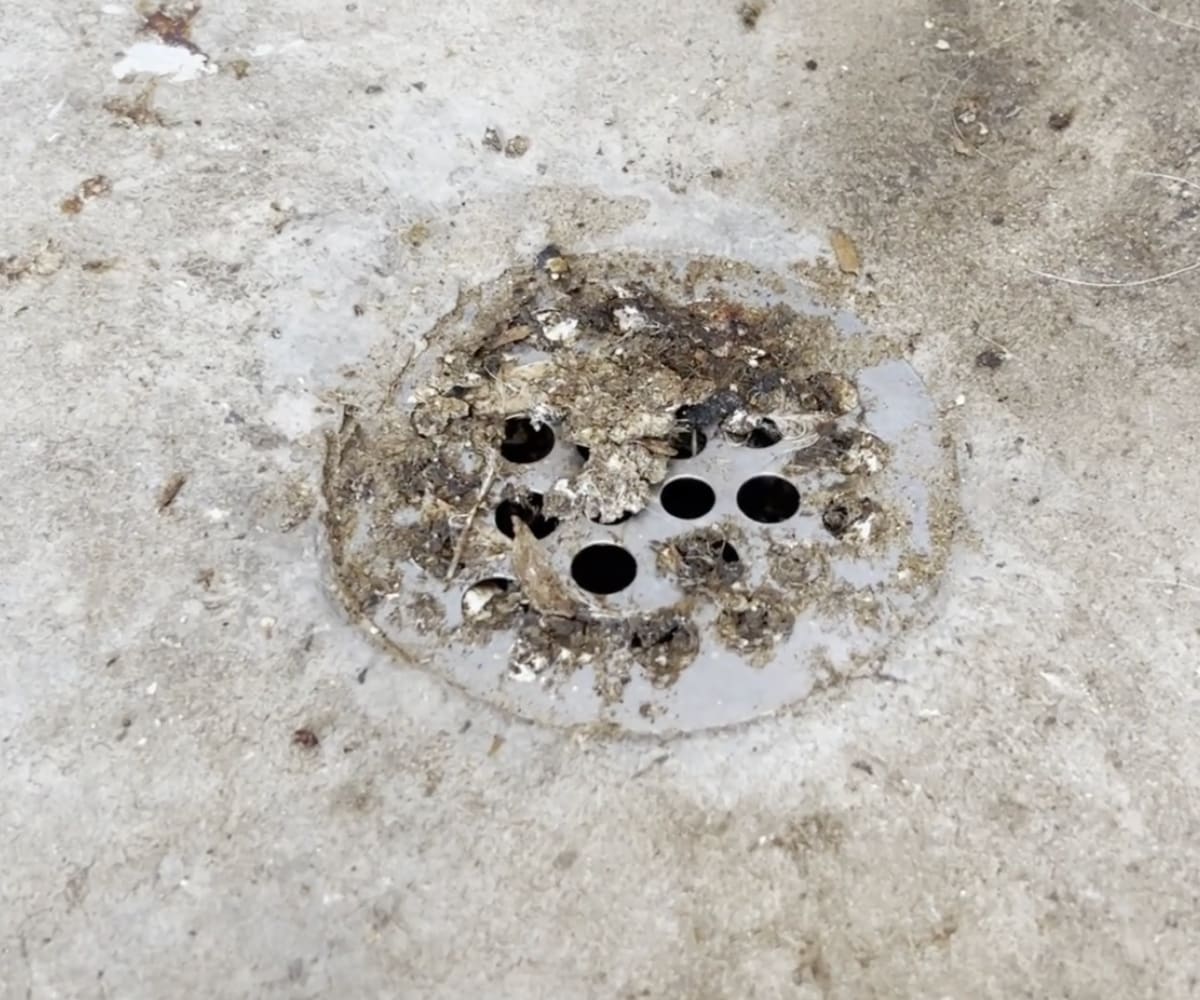
Why? Bacteria only need two simple components to thrive: a food source and moisture. When you mop your floor, you have moisture, and next door in the chicken house, you have plenty of food. Thus, your control room could easily become a breeding ground for harmful bacteria if not sanitized and disinfected regularly.
When you clean up debris on the floor, it goes to the floor drain. You may not realize it, but directly beneath the floor drain is a great place for bacteria to form. This is actually the #1 spot where food facilities are docked points on their health inspections. To truly ensure biosecurity in your control room, it's essential to sanitize floor drains in addition to the floors.
Peracetic Acid for Wet Sanitation
For wet sanitation in control rooms, we recommend peracetic acid (PAA). PAA provides a mechanical kill, so nothing can become immune to it. Unlike quaternary ammonia and other sanitizing chemicals, bacteria and fungi cannot build resistance to PAA.
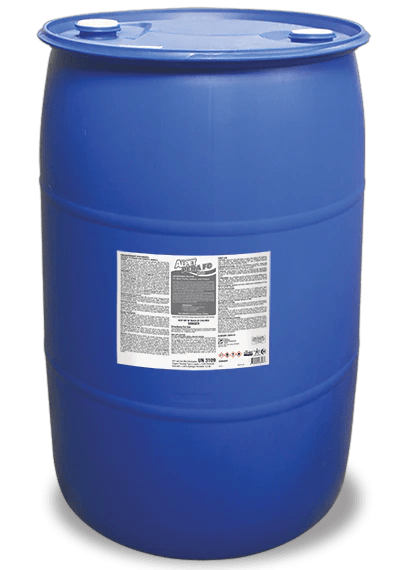
PAA can be hard to come by, but it's quite cost-effective. PAA can disinfect at a concentration of as little as 100 parts per million. Best Sanitizers also manufactures PAA.
Highly effective against a wide range of disease-causing organisms, PAA works by disrupting the microorganism's cell membrane. Unlike alternative disinfectants that contain chlorine compounds, PAA breaks down into the harmless byproducts of acetic acid, water and oxygen, making it an environmentally friendly choice.
Thorough Cleaning of Poultry Houses
We've talked about sanitizing and disinfecting your control rooms, but what about sanitizing and disinfecting your poultry houses themselves?
According to Michael Darre, Extension Poultry Specialist at the University of Connecticut, "...a complete dry cleaning, washing and disinfection of the poultry house after each flock or at minimum once each year is recommended." Darre outlines the steps for effective cleaning and disinfecting, which include dry cleaning areas like light fixtures, wet cleaning with a pressure washer, drying the house, making any necessary repairs and then, last but certainly not least, disinfecting. When washing, wash every surface that is subject to bacteria.
When cleaning your poultry house, be sure to use the correct personal protective clothing as advised by each cleaning product's label. Alkaline substances vary in how they can impact skin or eyes upon contact, but caution should always be used by you and your employees when using cleaning products.
Contact Us
If you have questions about cleaning, sanitizing or disinfecting in your poultry houses' control rooms or other areas of your poultry farm, don't hesitate to reach out to us at 800-608-3755 or success@southlandorganics.com.
To order Best Sanitizers products in bulk, contact Brad Broxton at brad@d2sanitizers.com.
As always, for any questions about our poultry industry resources or products, you can reach out to Allen Reynolds at allen@southlandorganics.com.






